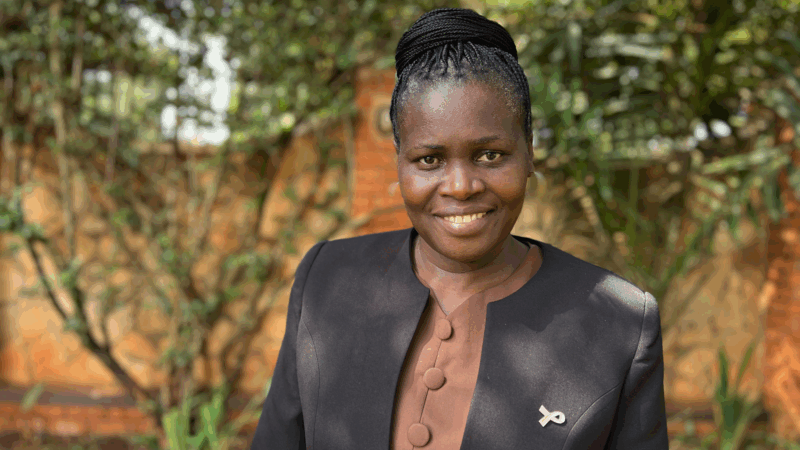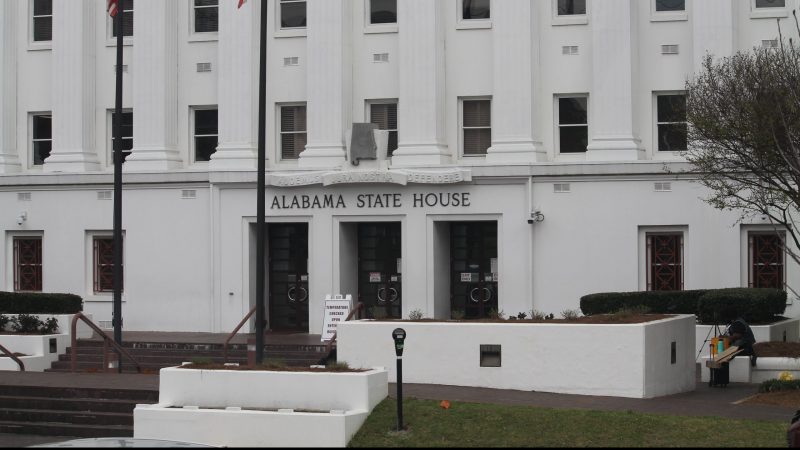Judge orders restoration of federal health websites
A federal judge has ordered federal health agencies to restore websites and datasets that were abruptly pulled down beginning in late January, prompting an outcry from medical and public health communities.
The temporary restraining order was granted in response to a lawsuit filed against the federal government by Doctors for America (DFA), a progressive advocacy group representing physicians, and the nonprofit Public Citizen, a consumer advocacy group.
Last week, a spokesperson for the Centers for Disease Control and Prevention told NPR “changes to the HHS website and HHS division websites are in accordance with President Trump’s January 20 Executive Orders, Defending Women from Gender Ideology Extremism and Restoring Biological Truth to the Federal Government and Ending Radical And Wasteful Government DEI Programs And Preferencing.”
The pages that are now set to be revived include information for patients about HIV testing and HIV prevention medication, guidance on contraceptives, data on adolescent and youth mental health, and an action plan for improving enrollment of underrepresented populations in clinical trials.
Judge John Bates with the U.S. District Court for the District of Columbia, who was appointed by President George W. Bush in 2001, said the sudden loss of these resources had jeopardized the work of clinicians and public health. “It bears emphasizing who ultimately bears the harm of defendants’ actions: everyday Americans, and most acutely, underprivileged Americans, seeking healthcare,” he wrote in his opinion.
The Department of Health and Human Services, the Food and Drug Administration and the Centers for Disease Control and Prevention have until midnight Tuesday to bring back the specific webpages cited in the lawsuit.
By the end of the week, the order directs the federal government to identify any other resources that physicians rely on to provide medical care and restore those as well.
Questions remain about how much information was changed
“This is a very strong decision,” said Dorit Reiss, a law professor at the University of California College of the Law San Francisco. The order explains how the takedown of websites and data was “likely legally flawed” because it “lacked notice” and there was “no explanation for the broad action,” she said. “It suggests the government is in a weak place for this case.”
HHS didn’t reply to NPR’s request for comment on the order.
Many webpages that were initially removed have since reappeared on CDC, FDA and HHS websites, although it’s still unclear how much remains missing and what information has been modified.
“There’s a lot of shifting ground here where they tore down a lot of stuff. They put some of it back up, but not nearly all of it,” said Zach Shelley, an attorney with Public Citizen Litigation Group. “Hopefully with this order, we get everything that’s important back up.”
The sudden loss of websites prompted a mad rush in the scientific community to download and archive data. Dr. Joshua Sharfstein was among those on a CDC advisory committee who wrote the CDC’s acting director protesting the purge of data.
He said the advisers have now sent a second letter pointing out that they remain concerned about “how communities will be able to monitor diseases and receive guidance on current disease investigations,” the possibility of “broad workforce reductions,” and “disruptions in grant funding.”
The judge’s order underscores any changes to resources and data should be based on “reasoned decision-making,” said Sharfstein, a professor of public health practice at the Johns Hopkins Bloomberg School of Public Health.
“Some of these websites provided actual recommendations on how to take care of patients,” he said. “These are not just like books on the shelf. These are like heavily thumbed through manuals that people really need.”
Trump struck deals with 16 drug companies. But they’re still raising prices this year
All 16 drug companies that inked deals with the Trump administration over the past few months still raised some of their prices for 2026.
This hospice has a bold new mission: saving lives
A hospice in Uganda asked itself: Can we do more than ease the pain of dying? Can we actually prevent deaths from cervical and breast cancer?
Ivey releases proposed state budgets
Lawmakers are often running in Montgomery having finished the first week of this year's legislative session. It's a week that saw the announcement of Gov. Kay Ivey's budget proposal, along with the first bills starting to make their way through the legislative process. We talk about that with Todd Stacy, host of Capital Journal on Alabama Public Television.
Canada agrees to cut tariff on Chinese EVs in return for lower tariffs on Canadian farm products
Breaking with the United States, Canada has agreed to cut its 100% tariff on Chinese electric cars in return for lower tariffs on Canadian farm products, Prime Minister Mark Carney said Friday.
What do eggs, Grok and Greenland have in common? They’re all quiz-worthy! Are you?
See if you can get a perfect score for once.
‘A Knight of the Seven Kingdoms’ is ‘Game of Thrones’ for the haters
There are no dragons, no maps and no internecine family trees in this Game of Thrones prequel about an underdog knight and his would-be squire.







